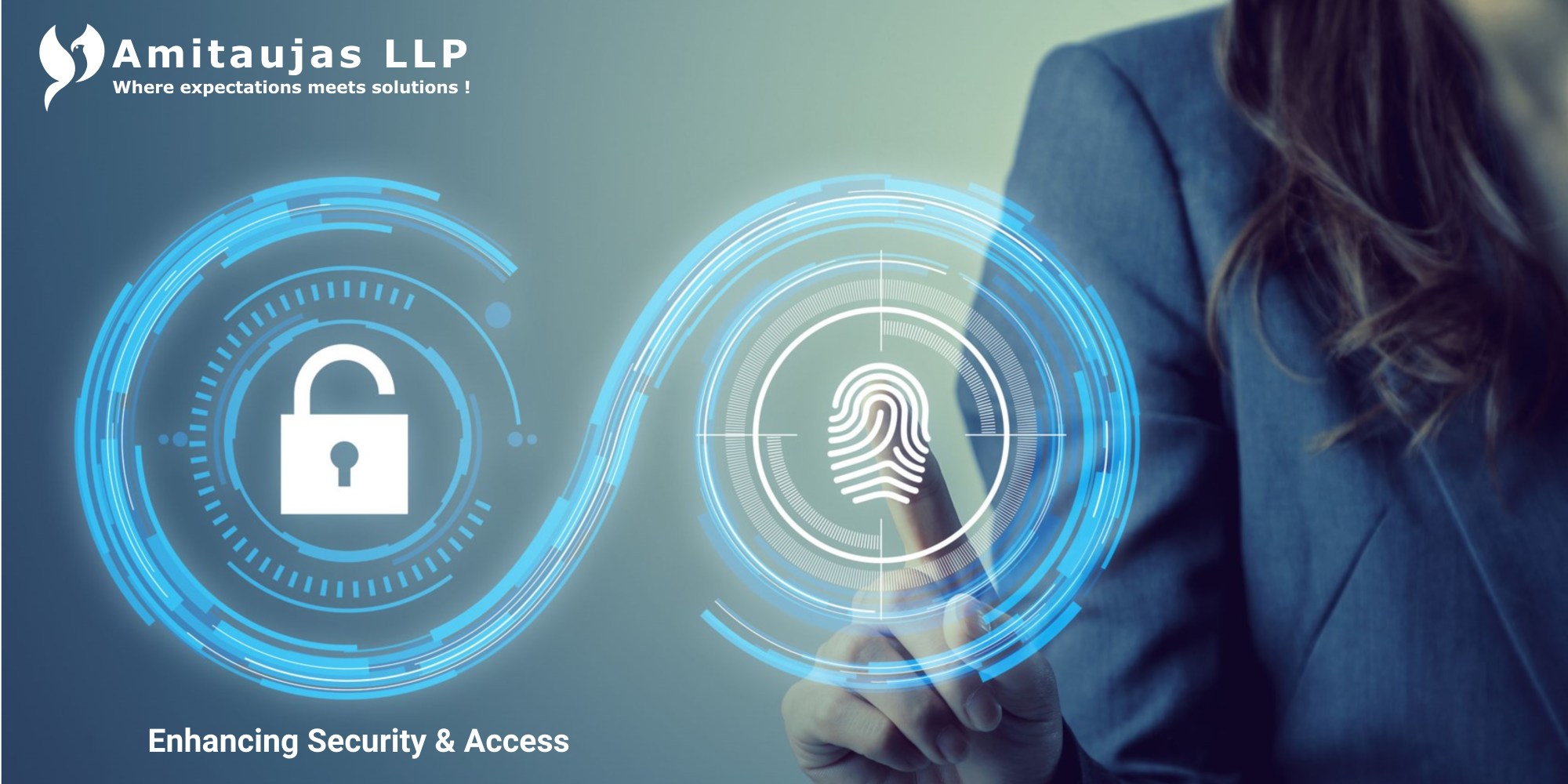
Enhancing Security & Access
Cloud solutions are growing in popularity for businesses of all sizes, offering significant benefits in terms of data security and access. By moving data and applications to the cloud, companies can ensure that their critical information is better protected, easier to access, and always available. Here’s how cloud solutions can increase security and availability:
-
Advanced Data Security:
One of the biggest concerns for companies moving to the cloud is data security. Cloud providers address these concerns through several advanced security measures:
- Data Encryption: Cloud providers use encryption (in transit and at rest) to protect data from unauthorized access.
- Multi-Factor Authentication (MFA): Many cloud services require MFA for accessing data, adding an extra layer of security.
- Regular Security Updates: Cloud providers maintain up-to-date security systems, applying patches to protect against emerging threats.
- Compliance and Certifications: Leading cloud providers comply with industry-standard certifications (such as GDPR and HIPAA), ensuring regulatory requirements are met.
- Disaster Recovery and Backup: Cloud backups often include automatic recovery functions for quick data restoration.
- Off-site Data Storage: Data is stored off-site in secure data centers, protecting it from physical threats.
- Geo-redundant Backup: Many providers offer geo-redundant storage, meaning data is backed up in multiple locations.
- On-Demand Scalability: As a business grows or demand increases, cloud services can quickly increase resources such as storage, bandwidth, and computing power.This flexibility allows companies to adapt without investing in expensive infrastructure.
- Cost-Efficient Access: Cloud services work on a subscription or pay-as-you-go model, meaning businesses pay for what they use. This keeps costs predictable and manageable while ensuring enterprise-class data protection and security tools.
